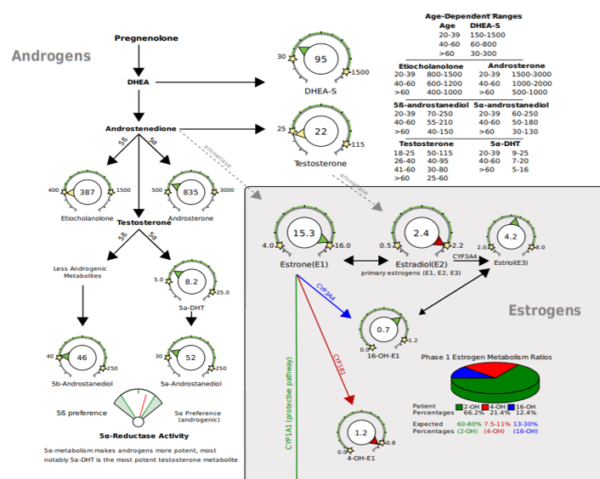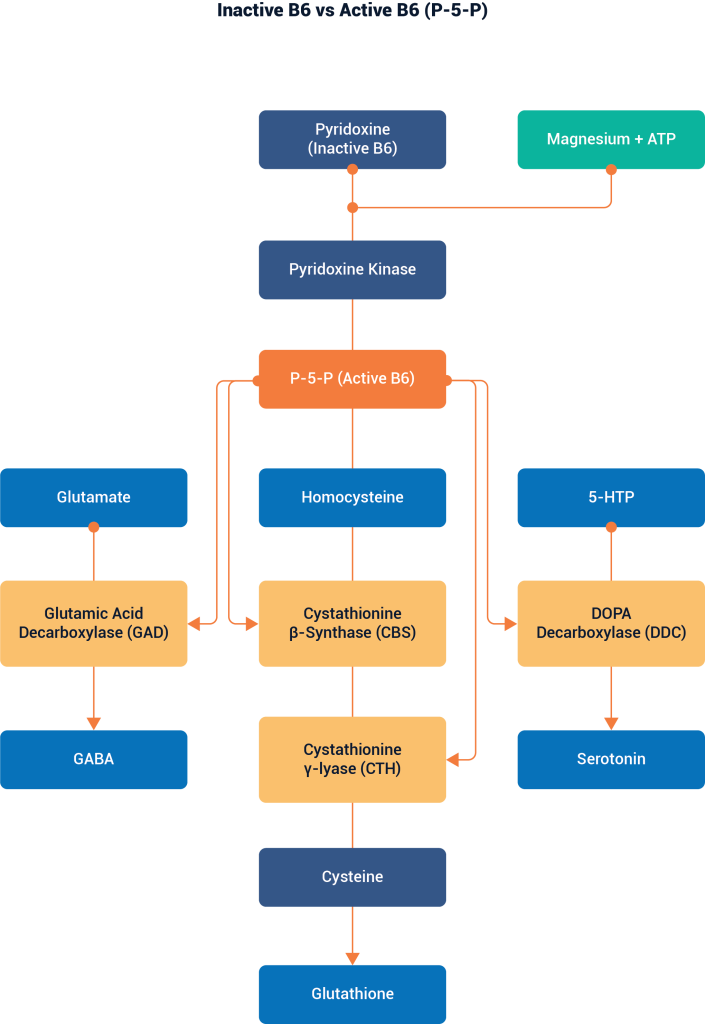As recently as only about 150 years ago, it is thought that we once consumed an omega-6 to omega-3 ratio of 1:1, but now people in developed countries like Australia tend to consume 15 times more omega-6 than omega-3, resulting in omega-3 deficiency.
The Imbalance of Fats in the Modern Australian Diet
In today’s world, popular and convenient processed foods, which make up a significant portion of our diets, are often deliberately stripped of essential fatty acids (EFAs) to extend their shelf life. Concurrently, we tend to consume large quantities of foods rich in saturated fats, such as fries, potato chips, crackers, baked goods, ice cream, and other quick snacks. Our diet is also heavy in meat, which contains a fatty acid called arachidonic acid (AA). When consumed in excess, AA can have potentially harmful effects. The balance of fats in the typical Australian diet is now significantly misaligned with our bodies’ needs. Compounding this issue, the decline in fish consumption over the past century has led to an 80% reduction in our intake of omega-3 fatty acids, which are crucial for maintaining overall health.
EFAs play many crucial roles in the body on a minute-by-minute basis, including:
- Producing hormone-like compounds (prostaglandins)
- Maintaining cell membrane function
- Regulating pain, inflammation, and swelling
- Dilating and constricting blood vessels
- Mediating immune response
- Regulating smooth muscle responses
- Preventing blood clots
- Regulating blood pressure and nerve transmission
- Regulating cholesterol levels and much more
The Nordic Naturals Clinical Handbook explains the importance of EFAs for the health care practice. Deficiencies of EFAs, which are so vital to many of the bodys most basic functions, can lead to many health problems for both men and women. EFA deficiency can be recognised by clinicians by being aware of the characteristics of deficiency symptoms. When using omega-3 fatty acids from fish oils, it assists the clinician to know the amounts of EPA+DHA needed to achieve optimal clinical results.
Nordic Naturals Clinical Handbook explains the importance of EFAs for the health care practice. This 14-page handbook reviews common dietary sources of omega-3 and omega-6 fats and discusses the metabolism, function, and proven health benefits of omega-3s. Supplementation is also considered, including product selection, dosage, molecular form, and safety.




